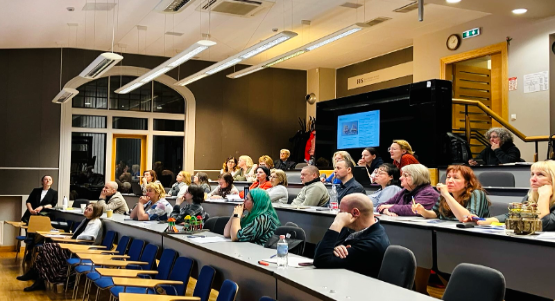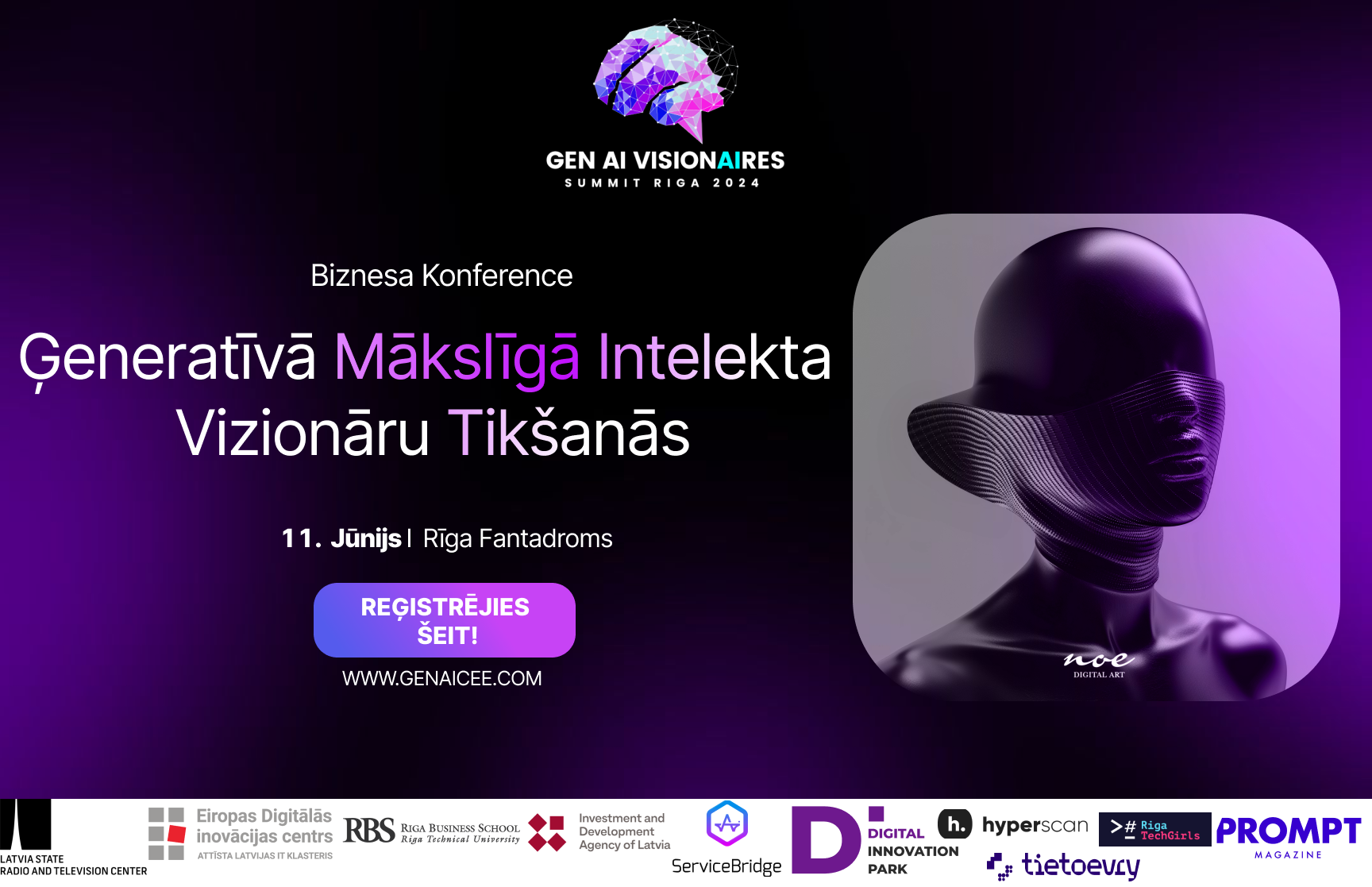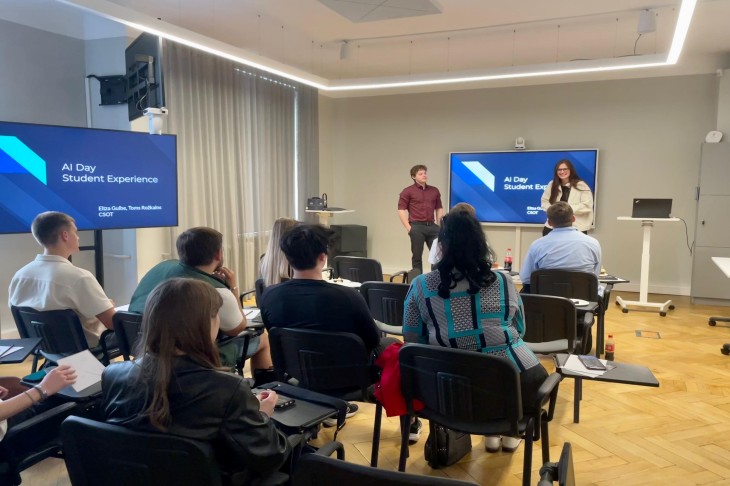Person A: “Can you come to a meeting today?”
Person B: “Why? It’s not my area.”
Person A: “We don’t understand what he is talking about. Maybe you translate tech language for us …”
This conversation between colleagues is all too common in many companies if we keep in mind that “they” providers of IT services. In this case I took up the role of the “interpreter”. After the meeting I was approached by the representative of the service provider, a colleague I know from my former workplaces, and he said: “Listen, it is great that you were here. We could not figure out what they wanted from us.”
I must confess that frequently in one conversation or another I have to hear that people not working in the IT field say that they don’t understand what those “computer geeks” are talking about. Very recently a board member of a company that is large for Latvian scale acknowledged that the board felt quite perplexed after the Head of IT of the parent company told them about the group’s plans in the technology area. Needless to say, nobody asked any questions as it is considered that the board members must know and understand everything.
These cases, I explained, indicate a shift of the technology paradigm in the business environment. Information technologies are no longer only a support function in companies. Today, information technologies are a key element of business strategy and innovations. Therefore, company managers, if they want to plan strategy, assure that their company is competitive, and increase its effectiveness, must learn not only to have expertise in technologies, but also learn how to organize and manage them in the company. In other words – master the language of “computer geeks”. True, IT professionals who want to increase their market value would gain advantage from learning business language. It would only benefit the development of the companies, if everyone spokes the same language.
What prevents non-IT managers from learning topics related to information technologies? There are several reasons and I can only name a few. First one, of course, is the lack of time.
Second, where should I start? Information technologies include so many various topics that it is difficult to understand where to start, what to learn and how deeply. How to navigate all of this?
Third, is a psychological factor. It is often hard for managers to admit that they do not know or understand something. Especially if we are talking about what their subordinates will say.
Let’s see what is at the other end of the scale. Why should managers be well-versed in IT and technologies:
- Staying competitive: in today’s digital age, companies that lag behind the technology curve are at risk of losing the battle with their competitors. by understanding technologies, managers can help their organisations to outpace competitors and determine new growth potentialities.
- Boosting efficacy: technology can streamline operations, automate tasks and reduce costs. Learning about IT and technologies, managers can identify opportunities to improve the efficacy of their organizations.
- Better communication: IT is a technical field and it can be difficult for managers to communicate efficiently with IT professionals. After mastering IT and technologies, managers can better understand the language used by IT professionals, which promotes better communication and cooperation between different teams.
- Risk management: increased use of technologies subjects organizations also to new risks, for example, cyber threats, data breaches and system errors. Understanding technology, managers can identify possible risks and implement activities to reduce them.
- Promoting innovation: technology can be the catalyst for innovation and managers who understand technologies can identify new ways to use it to promote business growth.
Summing up, managers who learn IT and technologies can help their organisations to maintain competitiveness and improve efficiency, communicate better, manage risks and boost innovations. To explore these topics, Riga Business School as part of our Executive education program has developed a special course for managers IT Management and Technologies Innovations: Executive education – Riga Business School (rbs.lv).
Aldis Greitāns, Riga Business School MBA Programs Director










